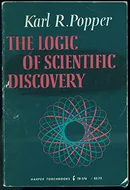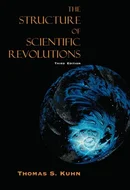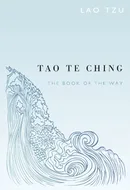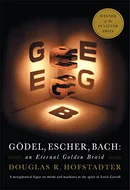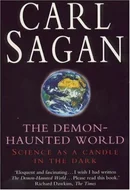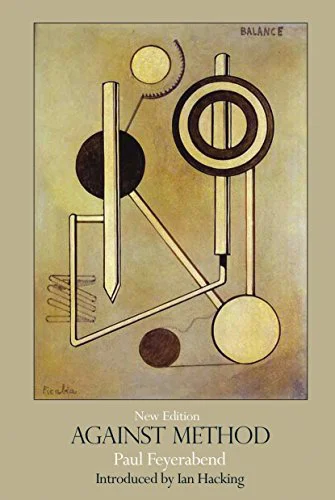
'Against Method' by Paul Karl Feyerabend is a thought-provoking book that challenges the traditional view of the scientific method as dogma. Feyerabend argues that scientific progress is messy and chaotic, and that this chaos is essential for true scientific research. He uses Galileo as a case study to illustrate his points and questions the idealization of the scientific method. The book delves into the relationship between science and society, advocating for a formal separation of science and state. Feyerabend's writing style is described as provocative and argumentative, leading readers to question their beliefs about science and methodology.
Genres:
Topics:
Notes:
From The Publisher:
Paul Feyerabend's globally acclaimed work, which sparked and continues to stimulate fierce debate, examines the deficiencies of many widespread ideas about scientific progress and the nature of knowledge. Feyerabend argues that scientific advances can only be understood in a historical context. He looks at the way the philosophy of science has consistently overemphasized practice over method, and considers the possibility that anarchism could replace rationalism in the theory of knowledge.
Ratings (1)
It Was OK (1) |
Reader Stats (3):
Read It (1) | |
Want To Read (2) |
What can you read after
Against Method?
When you click the Amazon link and make a purchase, we may receive a small commision, at no cost to you.
